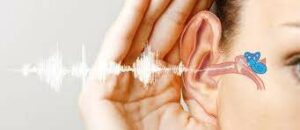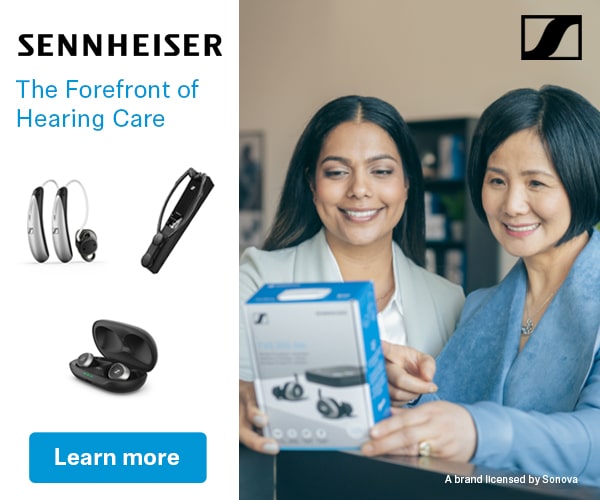Over the next months, I will be uploading some commonly viewed FAQs from MusiciansClinics.com. This is the website of the Musicians’ Clinics of Canada, and was completely updated over the last Christmas holidays. I should have entitled it “What I did over the Christmas holidays”! A full range of FAQs will eventually cover pretty much everything we know about music and the prevention of hearing loss.
Feel free to submit other questions that can be answered in 4-5 sentences and I may include them in future posts…
I went to a concert last night and my ears are still ringing. Will this stop?
The ringing is called tinnitus. Actually, tinnitus refers to any noises that are heard in the head, that don’t come from the outside. Tinnitus comes in two flavours- objective and subjective. Objective tinnitus is tinnitus that can be heard by other people. This is very rare, and is usually related to blood vessel problems in the ear. Subjective tinnitus is much more common and refers to the type of tinnitus that only the person can hear. But, to answer your question. You are probably suffering from TTS from the concert.
Well, … thank you for that, but what is TTS?
What a good question! TTS stands for Temporary Threshold Shift. This is a fancy way of saying temporary hearing loss. After a loud concert, or a day in the factory, your hearing is temporarily reduced. After about 16 hours to 18 hours, this resolves and your hearing should return to the level it was before (hopefully normal). When the hearing is reduced, there is frequently tinnitus, which is especially noticed in quiet places such as when you are trying to sleep. The tinnitus and hearing loss (sometimes felt as a numbness in your ears) should completely resolve after 16 hours. BUT, it turns out that TTS may not be just a benign characteristic of too much noise or music. Recent research indicates that while the hearing loss (as measured with puretone beeps) returns to normal, that there can be permanent neural damage.

Is there an app that can assess whether I have experienced TTS?
Indeed there is- it is called Temporary Hearing Loss Test app and is available on both the Apple iOS platform and the Android platform. One can use their Smartphone to measure one’s hearing at 6000 Hz (just above the top note on the piano) before a gig or a noisy event, and then after the gig or event. The difference is calculated and expressed as a green coloured screen if the TTS is minimal, an amber coloured screen if there is a greater TTS, and a red coloured screen if the TTS is significant enough to be concerned about.







Hello Dr. My 4 year old son has a genetic condition called Williams Syndrome. He has hypercausis. Before i get into anything…im wondering if you have ever encountered a person with Williams syndrome?
Williams Syndrome is quite rare and the vast majority of audiologists around the world probably have never seen anyone with this. Most of the cognitive science research I have read is in respect to visual processing and not auditory processing. Having said this, there is a known dislike of louder sounds in people with Williams Syndrome but it is not known whether this is hyperacusis or just a dislike of louder sounds. We do know that children with Williams Syndrome are more susceptible to middle ear infections than other children and it is common for many children to report a dislike of loud sound once the ear infection has resolved, especially if it was a long-standing ear infection.
Going forward, it is best to see your local audiologist and physicians for additional information. They would know your son’s case infinitely better than I would.
Marshall